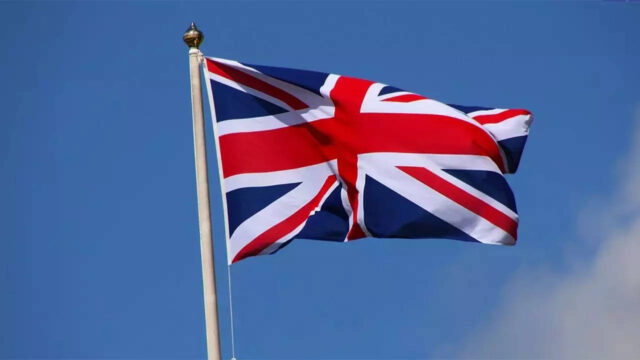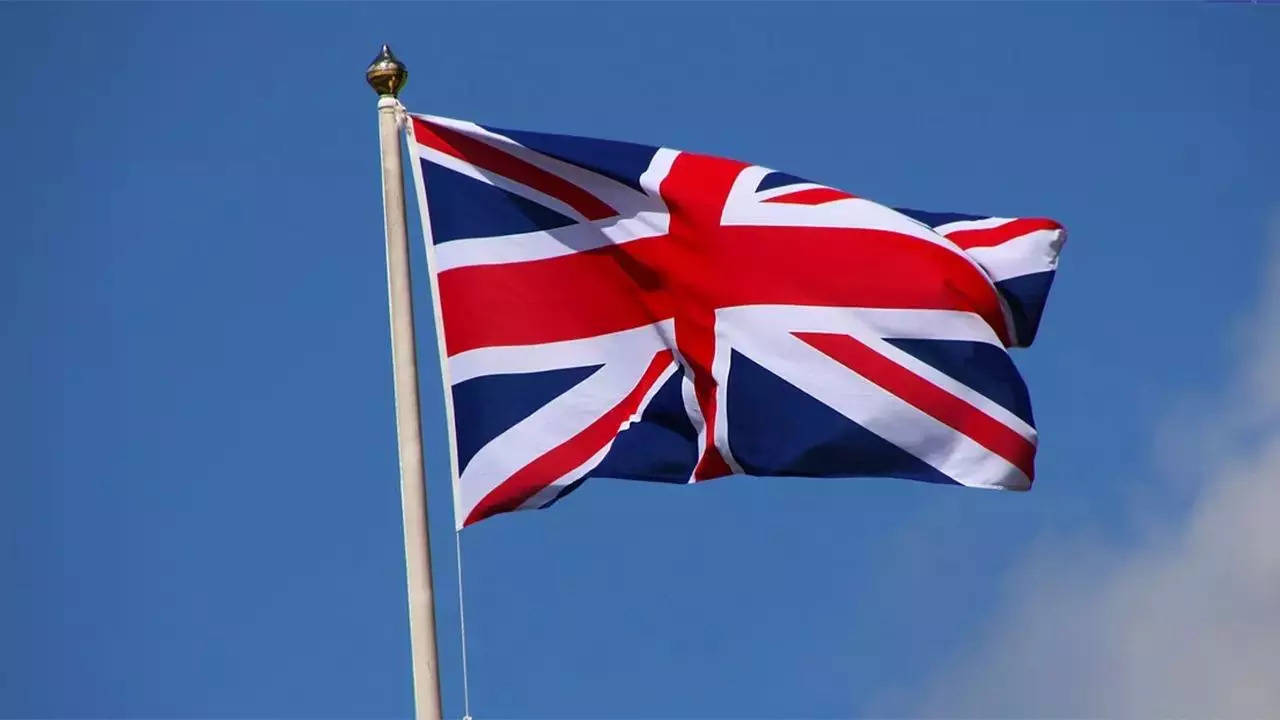
LONDON: The UK said Thursday it had lodged an application to appeal a Northern Ireland court ruling that a law granting immunity to combatants involved in historic sectarian violence was incompatible with European law.
A Belfast court ruled last week that the law granting immunity to those involved in the decades of violence in the UK province known as “the Troubles” contravened the European Convention on Human Rights.
“Following consideration of all aspects of the judgment, the UK government has lodged an application for an appeal with the Northern Ireland Court of Appeal,” London said Thursday.
Victims of the violence launched the legal action challenging the law, which received royal assent in September despite widespread opposition from political parties, victims’ organisations, the Irish government and the Council of Europe.
The law, first proposed by the ruling Conservative government in May 2022, calls for the creation of a truth and recovery commission offering amnesty to British security personnel and paramilitaries if they cooperate with its enquiries.
But in its ruling, the Belfast High Court said there is no evidence the immunity provision will contribute to reconciliation in Northern Ireland.
“I am satisfied that the immunity from prosecution provisions… are in breach of the lead applicant’s rights pursuant to Article 2 of the ECHR,” judge Adrian Colton said.
Article 2 of the convention affirms issues around the right to life.
Colton also ruled that the law also breached Article 3 of the ECHR, which prohibits torture and outlaws “inhuman or degrading treatment or punishment”.
However, the judge also said the new body set up to probe Troubles killings — the Independent Commission for Reconciliation and Information Recovery (ICRIR) — could proceed with human rights-compliant investigations.
“The court is satisfied that the provisions of the Act leave sufficient scope for ICRIR to conduct an effective investigation as required under Articles 2 and 3 of ECHR,” he said.
As well as appealing the decision, the UK could decide to amend the controversial law.
A Belfast court ruled last week that the law granting immunity to those involved in the decades of violence in the UK province known as “the Troubles” contravened the European Convention on Human Rights.
“Following consideration of all aspects of the judgment, the UK government has lodged an application for an appeal with the Northern Ireland Court of Appeal,” London said Thursday.
Victims of the violence launched the legal action challenging the law, which received royal assent in September despite widespread opposition from political parties, victims’ organisations, the Irish government and the Council of Europe.
The law, first proposed by the ruling Conservative government in May 2022, calls for the creation of a truth and recovery commission offering amnesty to British security personnel and paramilitaries if they cooperate with its enquiries.
But in its ruling, the Belfast High Court said there is no evidence the immunity provision will contribute to reconciliation in Northern Ireland.
“I am satisfied that the immunity from prosecution provisions… are in breach of the lead applicant’s rights pursuant to Article 2 of the ECHR,” judge Adrian Colton said.
Article 2 of the convention affirms issues around the right to life.
Colton also ruled that the law also breached Article 3 of the ECHR, which prohibits torture and outlaws “inhuman or degrading treatment or punishment”.
However, the judge also said the new body set up to probe Troubles killings — the Independent Commission for Reconciliation and Information Recovery (ICRIR) — could proceed with human rights-compliant investigations.
“The court is satisfied that the provisions of the Act leave sufficient scope for ICRIR to conduct an effective investigation as required under Articles 2 and 3 of ECHR,” he said.
As well as appealing the decision, the UK could decide to amend the controversial law.






































